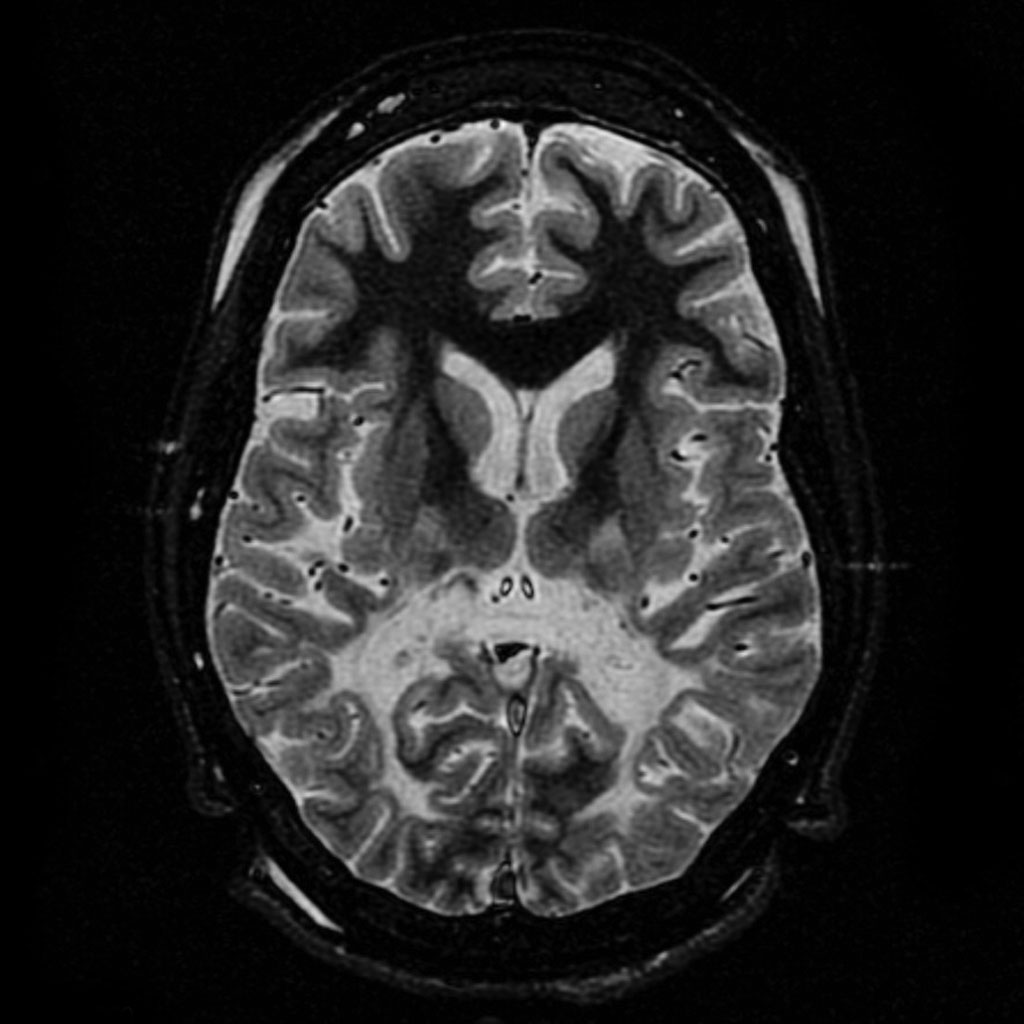Adrenoleukodystrophy
| Adrenoleukodystrophy | |
|---|---|

| |
| Synonyms | ALD, X-linked adrenoleukodystrophy |
| Pronounce | |
| Specialty | Neurology, Endocrinology |
| Symptoms | Seizures, hyperactivity, vision problems, hearing loss, adrenal insufficiency |
| Complications | N/A |
| Onset | Childhood, adulthood |
| Duration | Progressive |
| Types | Childhood cerebral, adrenomyeloneuropathy, Addison-only |
| Causes | Mutations in the ABCD1 gene |
| Risks | Family history |
| Diagnosis | Genetic testing, MRI, blood test for very long chain fatty acids |
| Differential diagnosis | Multiple sclerosis, metachromatic leukodystrophy, Zellweger syndrome |
| Prevention | N/A |
| Treatment | Lorenzo's oil, hematopoietic stem cell transplantation, adrenal hormone replacement |
| Medication | |
| Prognosis | Variable, depends on type and age of onset |
| Frequency | 1 in 20,000 to 50,000 people |
| Deaths | |
Genetic disorder affecting the nervous system and adrenal glands
Adrenoleukodystrophy (ALD) is a rare, genetic disorder characterized by the breakdown or loss of myelin, the fatty covering surrounding nerve cells in the brain, and progressive dysfunction of the adrenal glands. It is an X-linked disorder, meaning it predominantly affects males, although female carriers can also exhibit symptoms.
Genetics
ALD is caused by mutations in the ABCD1 gene located on the X chromosome. This gene encodes a protein that is part of the ATP-binding cassette (ABC) transporter family, which is involved in the transport of very long-chain fatty acids (VLCFAs) into peroxisomes for degradation. Mutations in the ABCD1 gene lead to the accumulation of VLCFAs in tissues, particularly affecting the nervous system and adrenal cortex.
Pathophysiology
The accumulation of VLCFAs in the central nervous system leads to the destruction of myelin, the protective sheath surrounding nerve fibers. This demyelination process disrupts the normal transmission of nerve impulses, resulting in neurological symptoms. In the adrenal glands, VLCFA accumulation impairs the production of adrenal hormones, leading to adrenal insufficiency.
Clinical Presentation
The clinical presentation of ALD can vary widely, but it is generally categorized into several phenotypes:
- Childhood cerebral ALD: This is the most severe form, typically presenting between ages 4 and 10. It is characterized by rapid neurological decline, including behavioral changes, vision and hearing loss, motor dysfunction, and eventually, severe disability or death.
- Adrenomyeloneuropathy (AMN): This adult-onset form presents with progressive stiffness and weakness in the legs, bladder dysfunction, and sexual dysfunction. It is less severe than the childhood form but can lead to significant disability.
- Addison-only phenotype: Some individuals present primarily with adrenal insufficiency without significant neurological symptoms.
Diagnosis
Diagnosis of ALD is based on clinical presentation, family history, and biochemical testing for elevated VLCFA levels in the blood. Genetic testing can confirm mutations in the ABCD1 gene. MRI imaging is used to assess the extent of demyelination in the brain.
Treatment
There is no cure for ALD, but treatment focuses on managing symptoms and slowing disease progression. Options include:
- Lorenzo's oil: A mixture of oleic and erucic acids that can reduce VLCFA levels in the blood.
- Hematopoietic stem cell transplantation (HSCT): This can be effective in early stages of cerebral ALD.
- Adrenal hormone replacement therapy: For those with adrenal insufficiency.
Prognosis
The prognosis of ALD varies depending on the phenotype and age of onset. Childhood cerebral ALD has a poor prognosis without treatment, while AMN progresses more slowly. Early diagnosis and intervention can improve outcomes.
Related pages
Transform your life with W8MD's budget GLP-1 injections from $125.
W8MD offers a medical weight loss program to lose weight in Philadelphia. Our physician-supervised medical weight loss provides:
- Most insurances accepted or discounted self-pay rates. We will obtain insurance prior authorizations if needed.
- Generic GLP1 weight loss injections from $125 for the starting dose.
- Also offer prescription weight loss medications including Phentermine, Qsymia, Diethylpropion, Contrave etc.
NYC weight loss doctor appointments
Start your NYC weight loss journey today at our NYC medical weight loss and Philadelphia medical weight loss clinics.
- Call 718-946-5500 to lose weight in NYC or for medical weight loss in Philadelphia 215-676-2334.
- Tags:NYC medical weight loss, Philadelphia lose weight Zepbound NYC, Budget GLP1 weight loss injections, Wegovy Philadelphia, Wegovy NYC, Philadelphia medical weight loss, Brookly weight loss and Wegovy NYC
|
WikiMD's Wellness Encyclopedia |
| Let Food Be Thy Medicine Medicine Thy Food - Hippocrates |
Medical Disclaimer: WikiMD is not a substitute for professional medical advice. The information on WikiMD is provided as an information resource only, may be incorrect, outdated or misleading, and is not to be used or relied on for any diagnostic or treatment purposes. Please consult your health care provider before making any healthcare decisions or for guidance about a specific medical condition. WikiMD expressly disclaims responsibility, and shall have no liability, for any damages, loss, injury, or liability whatsoever suffered as a result of your reliance on the information contained in this site. By visiting this site you agree to the foregoing terms and conditions, which may from time to time be changed or supplemented by WikiMD. If you do not agree to the foregoing terms and conditions, you should not enter or use this site. See full disclaimer.
Credits:Most images are courtesy of Wikimedia commons, and templates, categories Wikipedia, licensed under CC BY SA or similar.
Contributors: Prab R. Tumpati, MD

